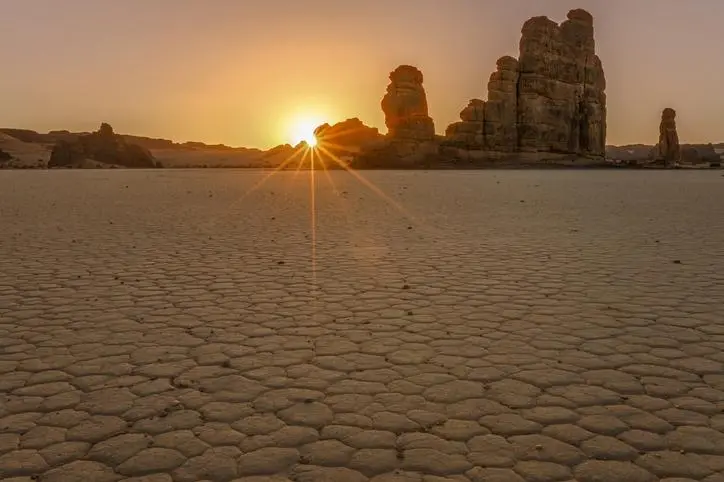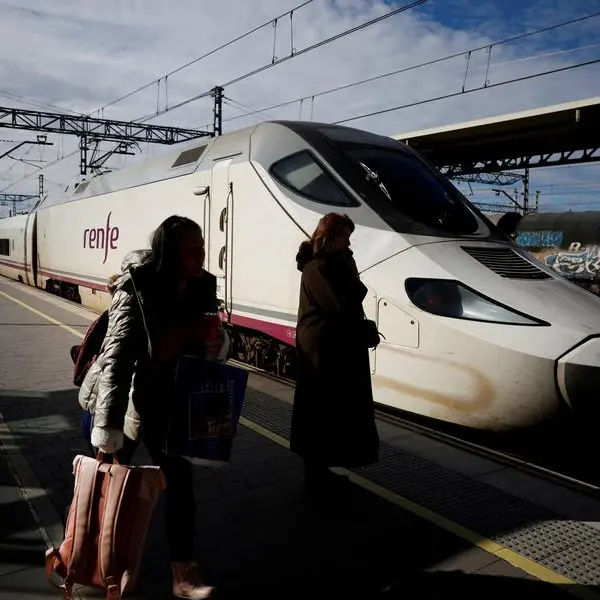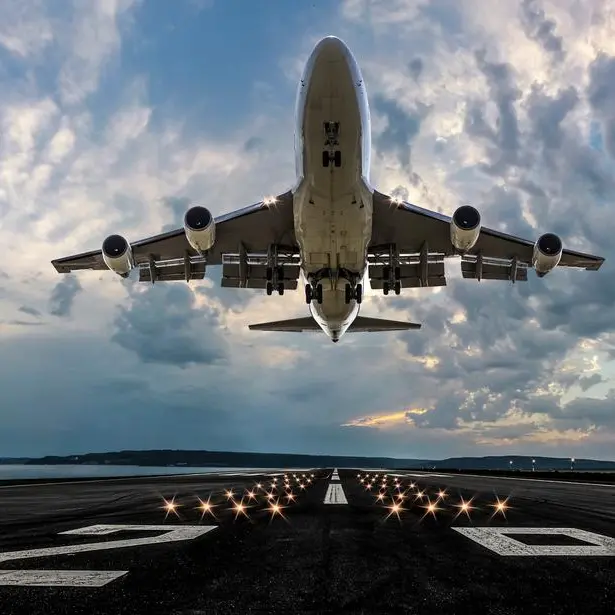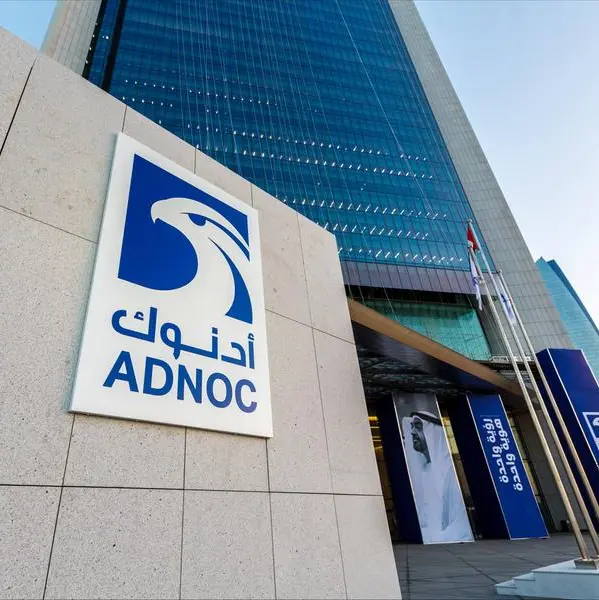PHOTO
Saudi Arabia has a number of tourism projects in the pipeline worth $11.6 billion as the kingdom seeks to draw more international and GCC tourists, says a report.
In February 2019, the kingdom unveiled major tourism initiatives, including a world-class resort and a nature reserve in the ancient city of Al-Ula in a bid to make it a global tourist destination. To meet the Saudi Vision by 2030, the kingdom looks to invest up to $64 billion to develop cultural, leisure and entertainment projects, says a report released by Orient Planet Research, an Orient Planet Group venture.
It said the GCC is gaining a stronger position to become a world-class global tourism hub backed by competitive advantages that attract international travellers looking for new tourism experiences,
The report highlighted that the GCC recorded 1.4 billion international tourist arrivals in 2018, up by 6 per cent from the previous year, which confirms the successful efforts of the UAE, Bahrain, Saudi Arabia and Oman in establishing a greater presence on the regional and global tourism map.
According to the report, the UAE receives more than 10 million visitors annually with Abu Dhabi and Dubai among the most attractive places to visit for tourists, while Sharjah is rapidly increasing its tourism appeal, having attracted 1.7 million visitors in 2017.
Conversely, many tourists from the region spend more time travelling to popular destinations worldwide. Arab airline companies have significantly contributed to international travel and tourism by connecting various global destinations.
Nidal Abou Zaki, managing director, Orient Planet Group, said: “The regional tourism sector is witnessing rapid development to meet the growing demand of international travellers. Tourism entities have been developing a wide range of options that cater to various types of visitors. Some of these activities include health tourism, cultural events, entertainment, heritage, eco-tourism, music festivals, which reflect the richness of the Arabian Gulf’s natural, historical, and cultural heritage."
"GCC countries have been continuously promoting attractive tourism elements in line with their ambitious drive to diversify the economy, which is evident in the results of our report. It confirms the success of their efforts to bring the tourism sector to a new level of growth and competitiveness," he said.
GCC countries have embarked on strategic plans to diversify their touristic offerings and have initiated huge investments during the last 10 years to improve, expand and modernise their infrastructure.
The Oman Ministry of Tourism’s 'Tourism Strategy 2040' intends to attract 11.7 million travellers by 2040, in which 5 million of them are leisure and business visitors. The country is also exploring its potentials in providing services in the meetings, incentives, conferences, and exhibitions (Mice) sector. Oman enjoys direct connection with the world's leading destinations through direct flights introduced by Oman Air and Salam Air to and from the new Muscat International Airport.
Bahrain, for its part, is expected to complete its new international exhibition centre in Sakhir by 2021, which will be 10 times bigger than its present size once finished. Kuwait as well is on track with its key tourism initiatives led by the ongoing development of five islands, which have an investment value of up to $160 billion. Investments focused on travel and tourism are expected to reach up to $1 billion by 2027, the World Travel and Tourism Council has revealed.
The report further emphasised the need to strengthen regulatory and legal frameworks governing the tourism industry to drive the growth of this vital sector as an essential source of growth and economic diversification, and a key pillar for improving the quality of life in the region. - TradeArabia News Service
Copyright 2019 Al Hilal Publishing and Marketing Group Provided by SyndiGate Media Inc. (Syndigate.info).





















